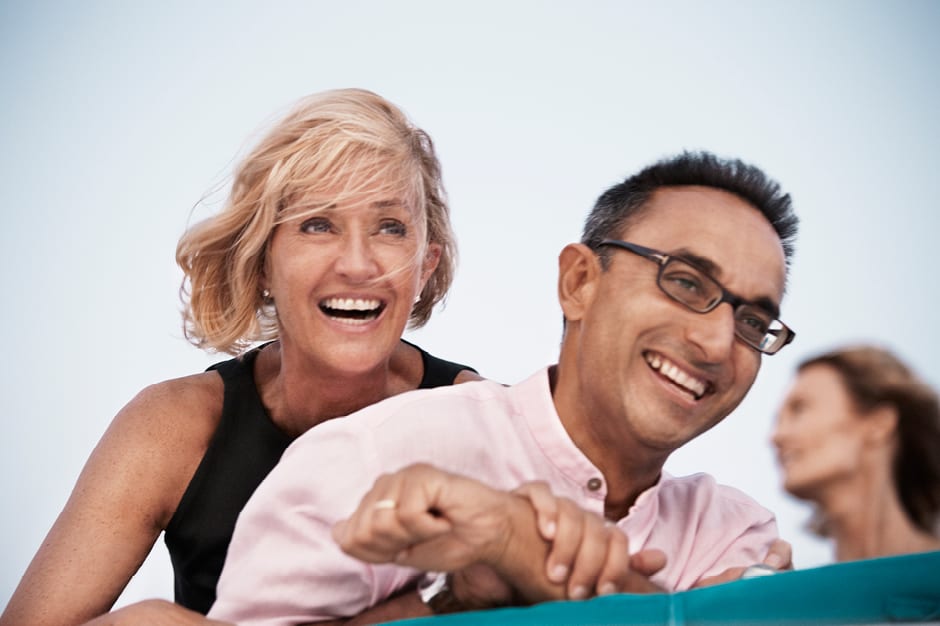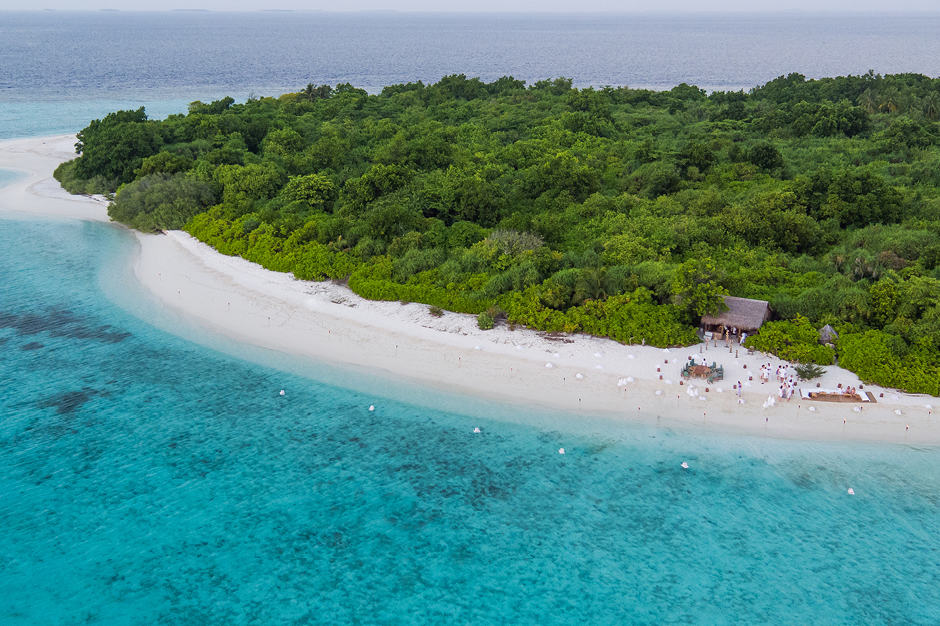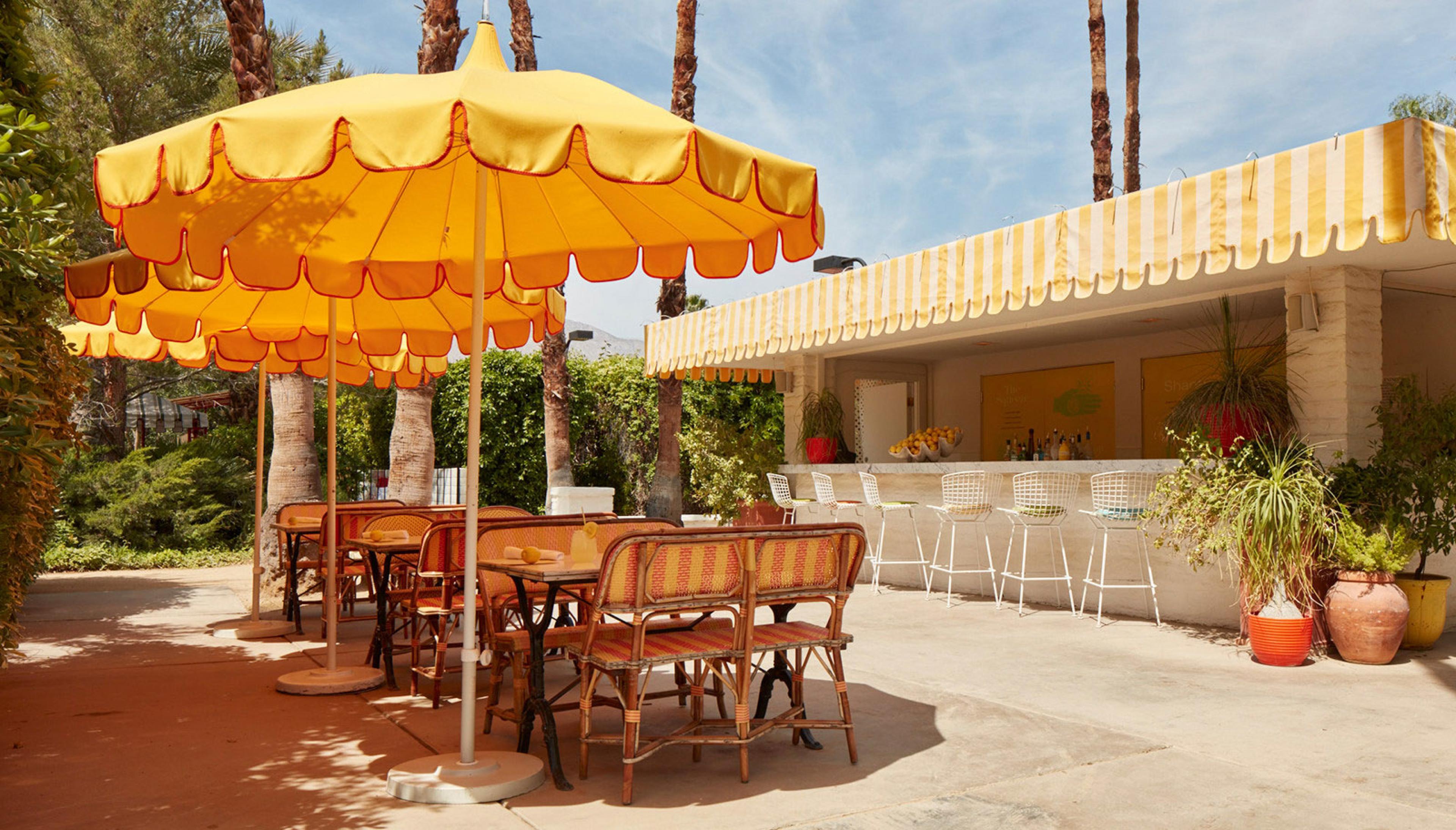Join/
Insiders
Sonu Shivdasani: The Pioneer of Eco-Luxury
An approachable manner belies the fact that Sonu Shivdasani is an impressive name in the travel industry. As the creator—along with his Swedish wife, Eva—of the Soneva and Six Senses resorts, Shivdasani is a pioneer in the development of sustainable tourism. He established a highly successful template for eco-luxury properties and defined the term “barefoot chic.” Those who have been to one of his resorts will remember these properties for their beauty, attention to detail and pervasive sense of peace. Since selling the Six Senses in 2012, the Shivdasanis have devoted themselves to their Soneva resorts in the Maldives and Thailand, as well as the two-cabin luxury yacht, Soneva In Aqua, which sails from the Soneva Fushi resort in the Maldives. Over the years, the couple has built an environmental foundation that has catalyzed sustainability initiatives and community development in India, Myanmar, Darfur and beyond, through training and employment programs, reforestation projects and clean energy innovation. In 2017, Indagare spoke with Shivdasani while he was traveling from Moscow to London (a well-practiced jetsetter, he even answered questions while navigating security) about his passion for the Maldives, his latest hotel projects and his favorite destinations for a long weekend getaway.
Don't miss our live Global Conversation, via Zoom, on Monday, September 14 at 10:30 a.m. ET with Sonu Shivdasani and Melissa Biggs Bradley! Sign up here to receive the details and listen in as they discuss the future of eco-tourism, sustainable travel practices, the Maldives and more.
What originally inspired you and your wife Eva to create the Six Senses and Soneva?SS:
I was studying at Oxford when I first met Eva, when she was modeling. She had traveled out to Maldives on a German photoshoot in 1980, and she was just blown away by the destination. We’d quite often travel to Goa for Christmas with family and friends from abroad, and one year Eva suggested that we also visit the Maldives, which is just an hour away. I was amazed, and we both felt that we must have lived there in a past life—we just felt this natural affinity for the country. Sometimes you just have that sense. We began to stay there more often, and one day, we decided that we wanted to start renting a house. The government was adamant that we had to do tourism in order to lease an island, so we did some research and started putting bids together, but they’d always fall through. A few years later we were on holiday again and were introduced to the Maldivian former minister of finance. He had an island that had been abandoned—he had built a resort and it failed—and we were able to take it over. But it was all prompted by our passion to live in the Maldives. That’s what got us going; we weren’t planning to be hoteliers.
How has your vision for your company evolved since then?
SS: Very quickly, we became focused on preserving the beautiful ecology of the Maldives. The existing resorts were not eco-friendly—they were pouring their sewage back into the sea—and we believed that we could create something more authentic to the environment, with a better sensitivity to what guests wanted, like delicious food, interesting experiences and beautiful design. We focused on experience; that’s why we introduced the spa and ended up creating a spa brand. These things were rare in the ‘90s.
Related: The 16 Best Wellness Escapes
We’re quite keen on making our Foundation activities more local. Our pilot project is a water bottling plant on the island next to Soneva Fushi. The purpose is to stop the importation of plastic water bottles from the factory in Male, which the local community uses, and which creates a lot of waste. By using the glass bottles that we produce, locals can then return their bottles to the plant to be recycled, which is about 20% cheaper than buying the water from Male. With this model, the local community saves money on its water purchases and they have their own water supply on the island that makes profits that can be used within the community. If this pilot works, we’re going to roll it out throughout the Maldives, beyond the atoll where we operate. We also banned branded water in our hotels back in 2008, and we created a circular process for using our tap water by filtering it, adding minerals and recycling the bottle. We believe our water is healthier, and the money we’ve saved has given about 600,000 people access to clean water.
We also started the program “Learn to Swim,” which we now call Soneva SOS, to teach locals how to swim. They live in such a pristine environment, but [many local people] don’t [always] respect it. For example, in the Maldives, the word for “beach” means “where you throw your rubbish.” Historically, all of the rubbish was organic—it was coconuts and fish bones—but today, it’s the opposite. [Many] Maldivians have gotten into the habit of keeping their garbage on the beach, and like the refuse collector, every morning the tide comes in and takes it all away, filling the ocean with plastic. [Many] Maldivians don’t swim, and we believe that teaching them how will make them appreciate the water. Thanks to our program, on the island of Eydafushi, children seven-years-old and up now know how to swim. We’ve also trained many instructors, and we’ve rolled the program out to three or four other islands in the Baa Atoll. Our goal is for all of the atolls to eventually benefit from the Learn to Swim Program.
Related: Health and Wellness Tips from Our Experts: Indagare Global Conversations
We are working on a new resort concept that will be zero-carbon in its operation, and you can move it every six months, so it will have a very low impact on local environments.
Do you have any dream destinations where you’d like to open a property?
SS: The nice thing about only working on Soneva [after the sale of the Six Senses] is that we are now both the owner and the operator of all our hotels, and that allows us to innovate. Our key Soneva brands—Soneva Fushi, Soneva Kiri, Soneva Jani and Soneva In Aqua—are structured around gourmet experiences, an elaborate wellness experience and the residences for sale. We want to do two more properties in the Maldives that will be new concepts. We also want to move the ‘Soneva with Residences’ model outside of the Maldives. We’ve identified Bali, Ormond Beach, Japan and Ibiza as four destinations we’d like to expand to.
What are some of the destinations on your travel bucket list?
SS: I’m very fortunate to be able to travel. I feel that it does open one’s mind, and I think it’s a very important thing to do. We’ve never been to Peru. I love food, and it’s a very important element in the Soneva experience. There are quite a few Peruvian restaurants in the top ten of the world’s best—and obviously there’s Machu Picchu, and expeditions on the Amazon. We’d love to go there.
Related: Where to Go This Fall
It’s nice to have the contrast, when you live on a beach, to visit European cities. We love Florence and Tuscany. I also like Lisbon—it’s such a beautiful city, especially in the summer months—and I love Barcelona and the chefs there. The nice thing that seems to have happened in most of the major capitals is that the level of corporate travelers has dropped, because there’s been such an improvement in communication technology. All of the hotel rooms that were previously being filled by corporate travelers are now being sold to leisure travelers, who boost the income of the local community. Suddenly you have entrepreneurs who are investing in restaurants, theater, museums—and spending a considerable amount of money.
We also love the mountains for skiing. We tend to go to the Dolomites because they still get nice snow—the scenery is very dramatic and the food is amazing as well. You can have two- or three-Michelin-starred dishes up in the mountains. Rosa Alpina and La Perla in Corvara are very nice, and people say they’re even nicer in summer.
What are the most important elements that go into creating a resort experience?
SS: I think the hosts can make a huge impact—on people’s impressions, their lives and their thinking. It’s very important to have hosts from the local communities, as they will often take our guests to have lunch or a coffee or tea on their home island. There’s also a lot of environmental knowledge to be shared by the local marine biologists. We work with the top glass artists in the world, who come to our properties to make things out of recycled glass, we have astronomy observatories, and there are of course the yoga masters and the healers. All of these people help our guests to learn.
Don't miss our live Global Conversation, via Zoom, on Monday, September 14 at 10:30 a.m. ET with Sonu Shivdasani and Melissa Biggs Bradley! Sign up here to receive the details and listen in as they discuss the future of eco-tourism, sustainable travel practices, the Maldives and more.
Contact Indagare for assistance planning a trip to the Maldives, a wonderful destination that is now open to American travelers. Our specialists can book you at the resort that is right for you and plan guided tours, great meals and activities, while navigating a safe and seamless travel experience during these times.
Plan Your Trip With Us
We only feature hotels that we can vouch for first-hand. At many of them, Indagare members receive special amenities.
Get In Touch




